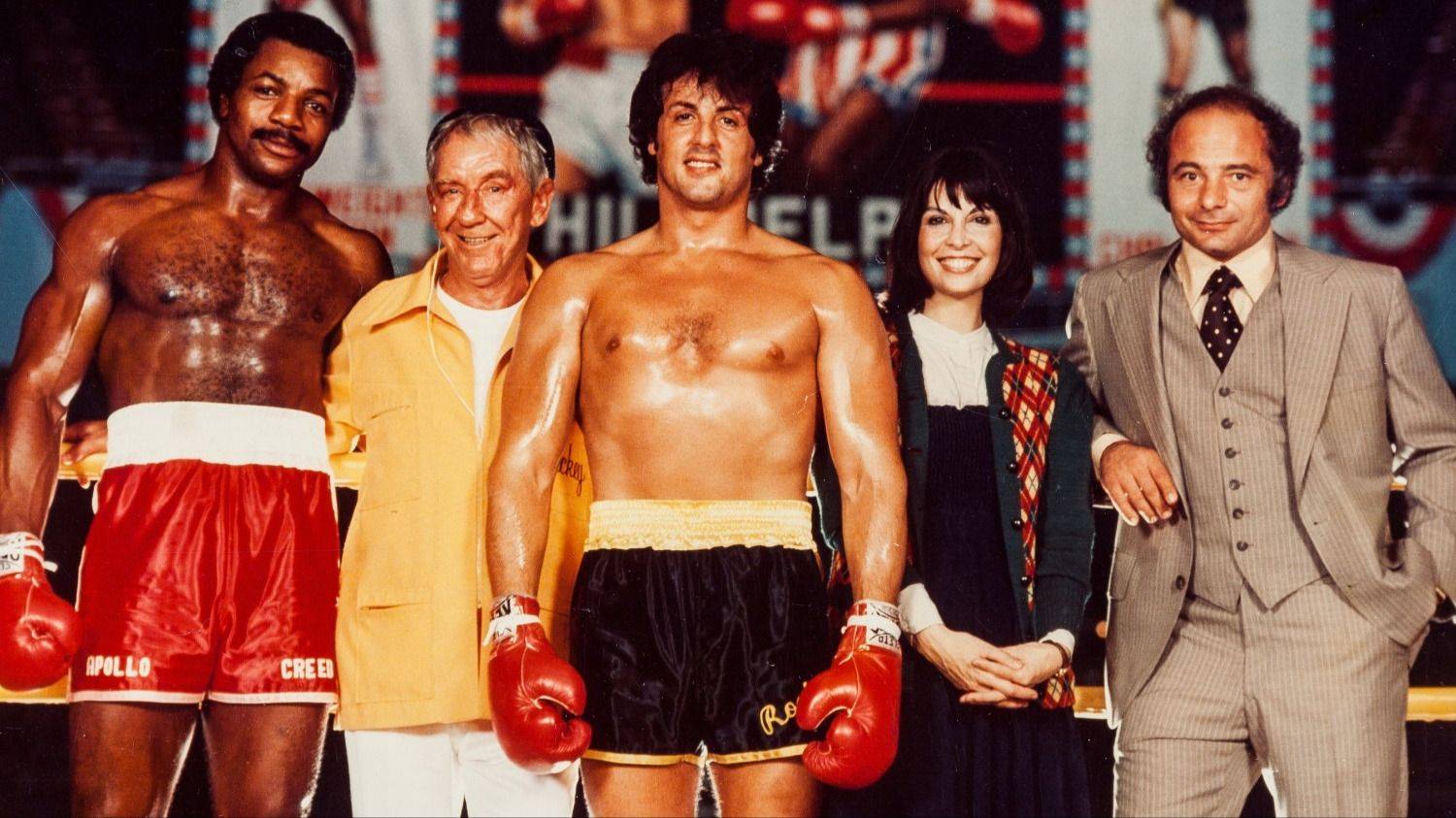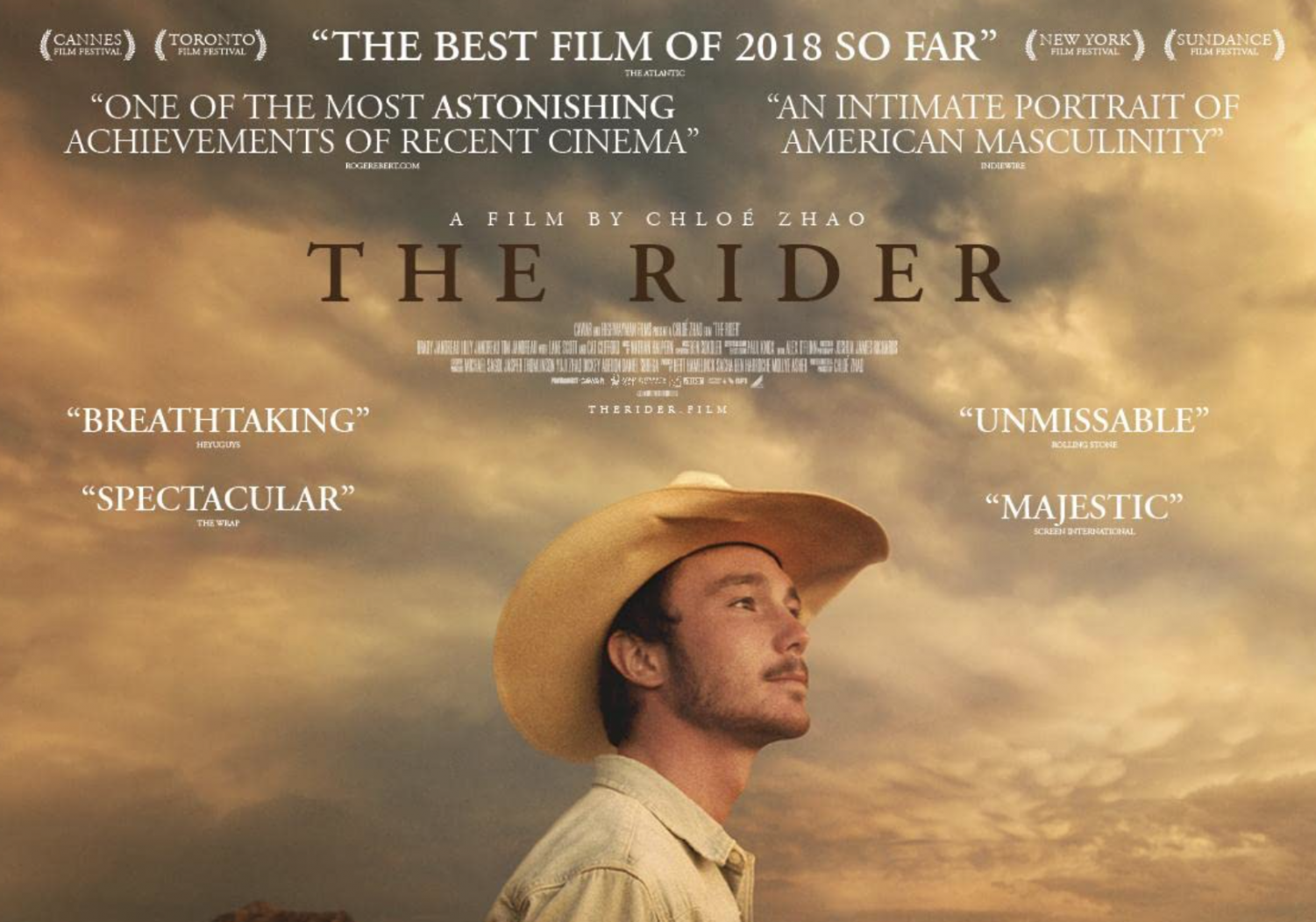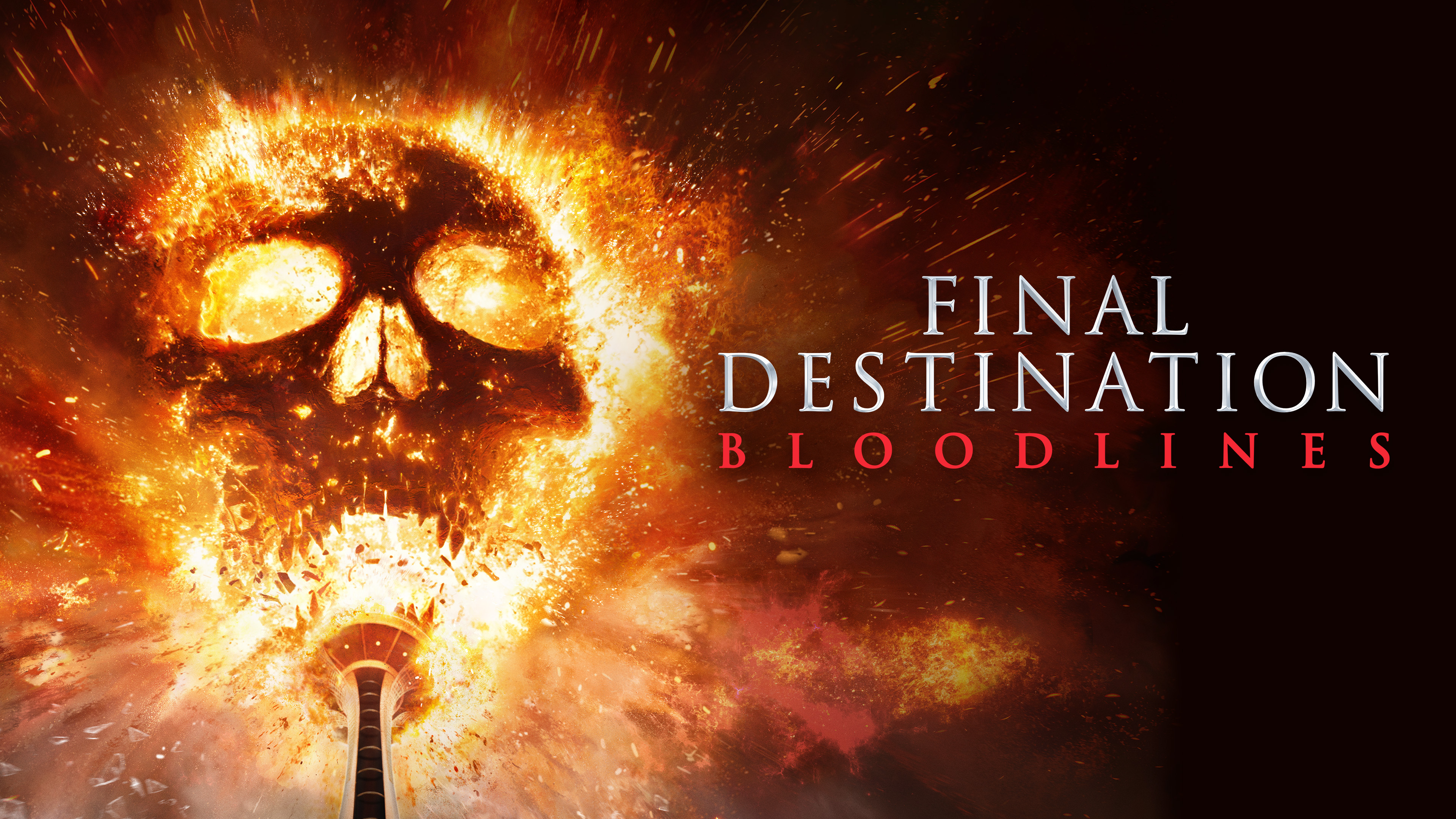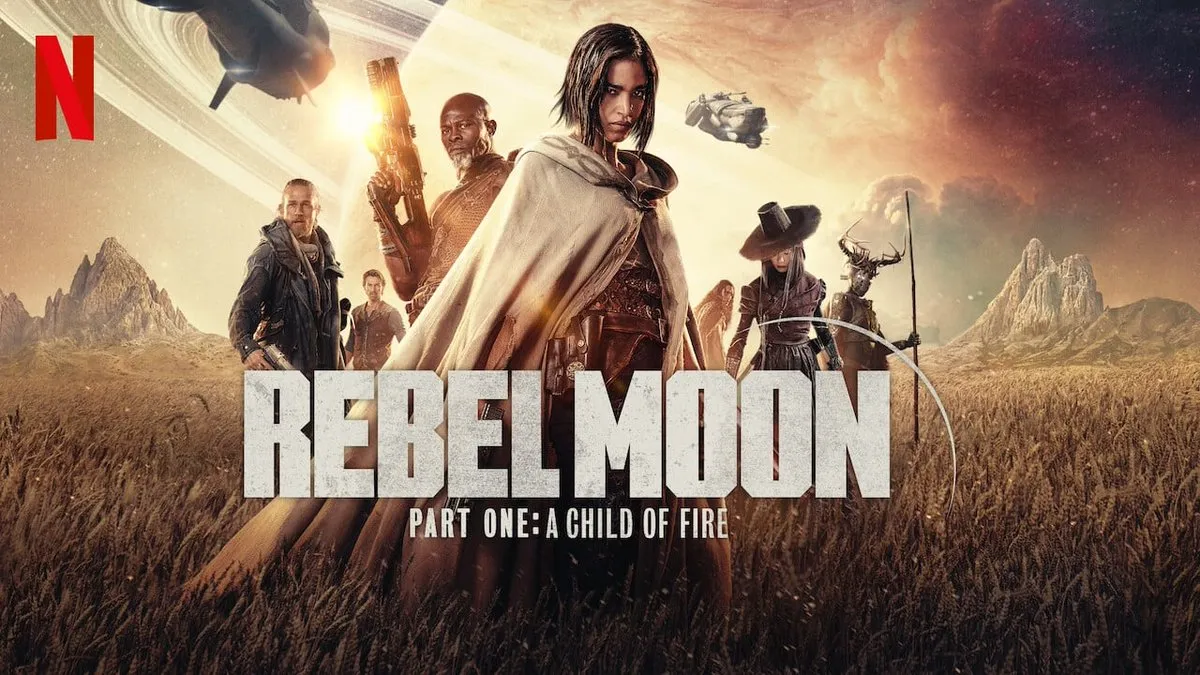Rocky (1976) – An American Classic of Grit, Heart, and the Human Spirit
Rocky, released in 1976 and directed by John G. Avildsen, is more than just a boxing movie—it’s a powerful underdog story that captured the heart of a nation and became a symbol of perseverance and hope. Written by and starring Sylvester Stallone in his breakout role, Rocky tells the tale of a small-time boxer from Philadelphia who gets a once-in-a-lifetime shot at greatness. Against all odds, the film went on to become a critical and commercial triumph, winning three Academy Awards including Best Picture, and spawning a franchise that continues to inspire generations.
The story follows Rocky Balboa, an unremarkable club fighter who earns a living collecting debts for a local loan shark while dreaming of something more. His life changes dramatically when heavyweight champion Apollo Creed (played by Carl Weathers) offers him a shot at the title as part of a publicity stunt. For Rocky, the match is not just a fight for victory—it’s a fight for dignity, self-respect, and the chance to prove he’s “not just another bum from the neighborhood.”

What makes Rocky so enduring is its authenticity. Stallone’s script is heartfelt and unpretentious, filled with raw emotion and blue-collar grit. His performance as Rocky is deeply human—tough on the outside, but tender, unsure, and full of dreams inside. The relationship between Rocky and Adrian (Talia Shire), a shy pet store worker, provides the emotional foundation of the film. Their quiet, awkward romance unfolds with sincerity and warmth, showing that love and support can be found in the most unexpected places.
The training montage, set to Bill Conti’s iconic score “Gonna Fly Now”, has become one of the most recognizable sequences in cinematic history. Watching Rocky run up the steps of the Philadelphia Museum of Art remains a powerful image of resilience and determination. But unlike many sports movies, Rocky doesn’t focus solely on victory. The film’s brilliance lies in its message that simply going the distance—standing toe-to-toe with a seemingly invincible opponent—is a victory in itself.

Technically, the film is lean and grounded. It uses real locations, handheld camera work, and minimal effects to create a gritty realism. The fight choreography is impactful but not overly stylized, adding to the sense that we’re witnessing an ordinary man pushing himself to extraordinary limits. The emotional payoff in the final round of the fight isn’t about whether Rocky wins—it’s about how far he’s come and what he’s discovered about himself.
Rocky resonated so deeply because it arrived during a time when America was grappling with self-doubt—post-Vietnam, post-Watergate, and amid economic hardship. Rocky Balboa became a symbol of the everyman who, through sheer will and heart, could rise above his circumstances. His story is universal: we all have battles to fight, whether in the ring or in life.

In conclusion, Rocky is not just a movie about boxing—it’s about fighting for your worth, taking chances, and refusing to give up. With its timeless themes, unforgettable characters, and emotional honesty, Rocky remains one of the greatest sports dramas ever made. It reminds us that true victory lies not in defeating others, but in conquering our own limitations.


